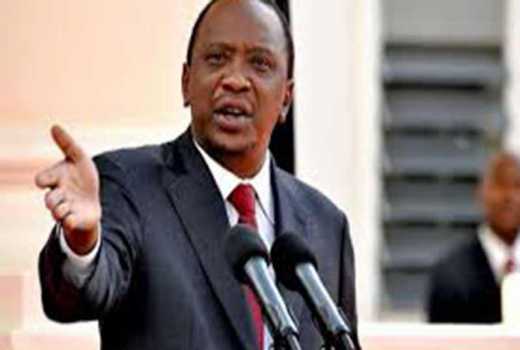×
The Standard e-Paper
Stay Informed, Even Offline

Democratic rights are increasingly not respected in Kenya, a report by the US-based non-governmental organization Freedom House says.
The report says Kenya is a multiparty democracy that holds regular elections, but its political rights and civil liberties are seriously undermined by pervasive corruption and cronyism, police brutality, and ethnic rivalries that are exploited by political leaders.